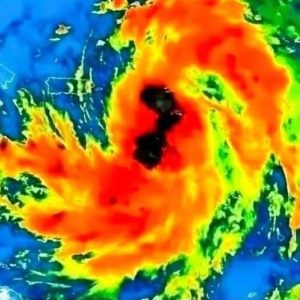A month before a stroke, your body might give subtle, easy-to-miss signals. Recognizing these signs can help prevent a life-threatening event.
One key warning is a transient ischemic attack (TIA), or “mini-stroke,” where temporary blood flow blockages cause symptoms like sudden numbness, weakness (often on one side), confusion, slurred speech, vision problems, or difficulty walking. These episodes, even if brief, are serious and demand immediate medical attention.
Preparation improves recovery chances. Know your risk factors, such as high blood pressure, diabetes, or smoking, and control them with your doctor’s help. Keep an updated list of medications and locate the nearest stroke-equipped medical center.
Stroke is a medical emergency. “Quick action can save your life.” If symptoms appear, call emergency services immediately. Fast treatment reduces the risk of long-term damage and improves recovery odds.





